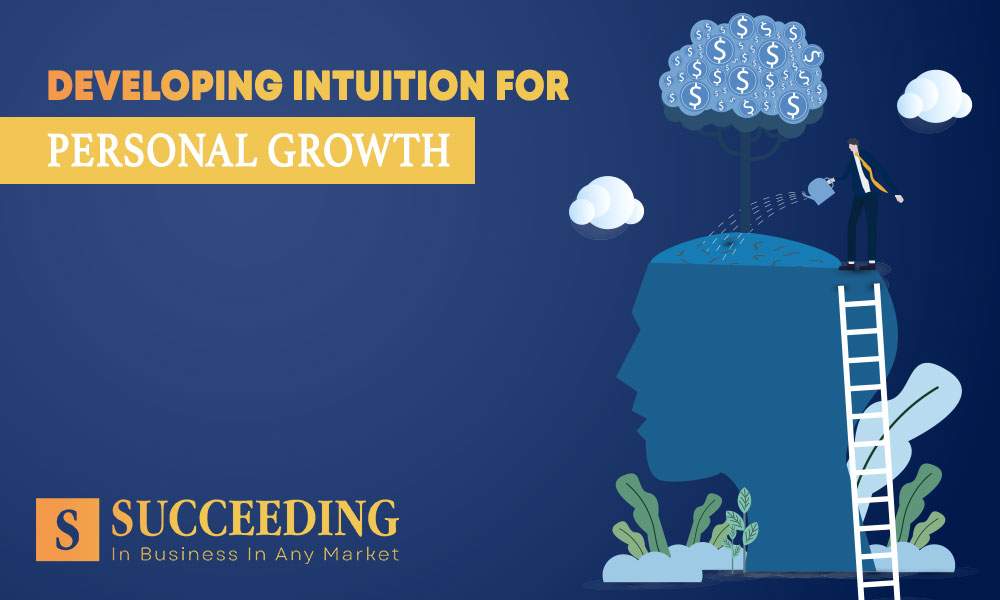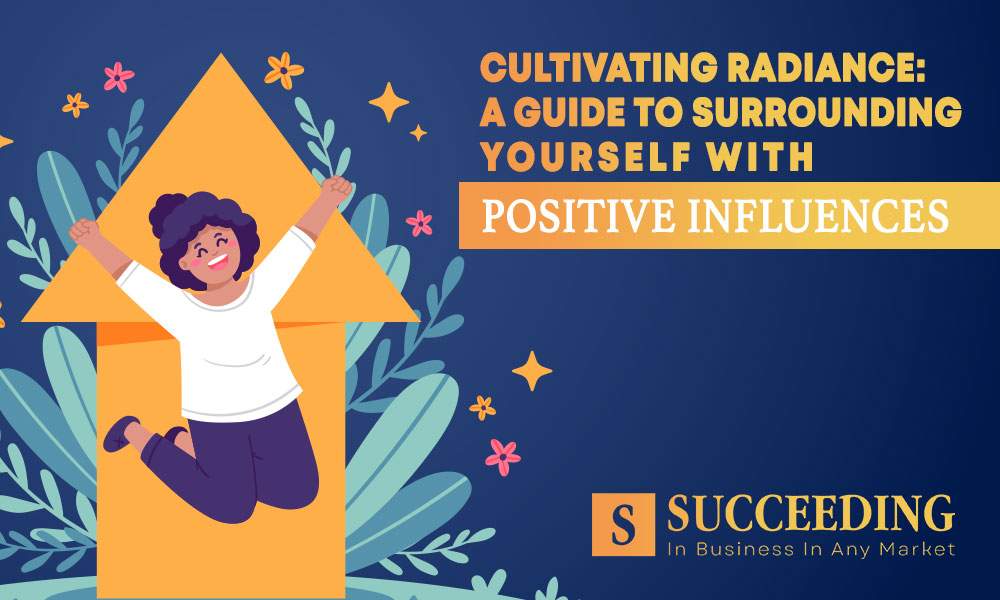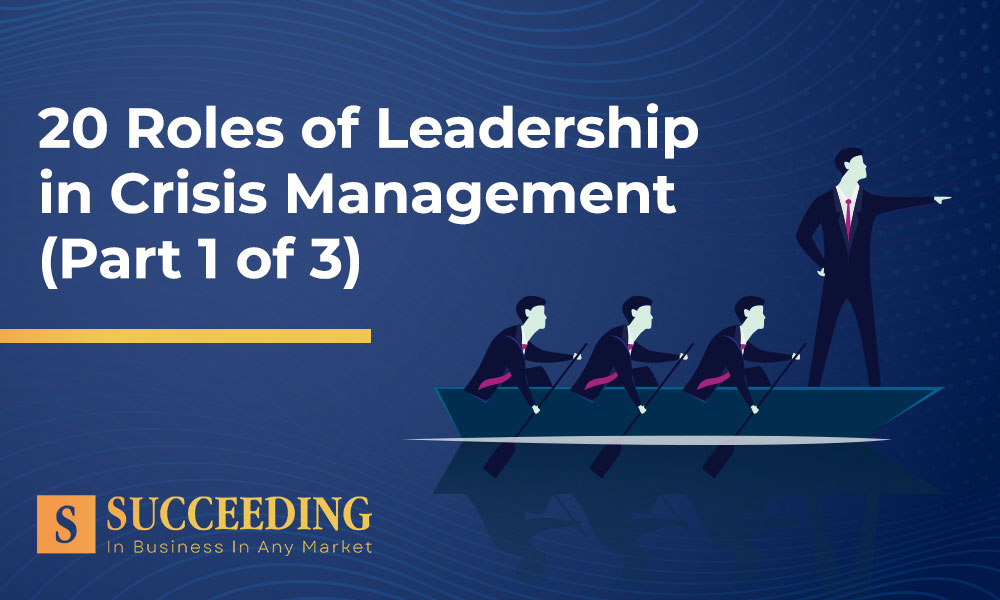Post Date: May 5, 2024

In the intricate tapestry of personal growth, a guiding force often resides within us—intuition. This article explores the transformative power of intuition, its role in personal development, and practical strategies for developing and trusting this innate ability. With a focus on “Developing Intuition for Growth,” we embark on a journey to uncover the profound connection between intuitive insights and the path to personal flourishing.
1: The Essence of Intuition
Intuition, often referred to as the silent whisper of the soul, is the innate ability to understand or know something without the need for conscious reasoning. It is the gentle nudge, the gut feeling, that provides insights beyond the scope of logical analysis. In understanding the essence of intuition, we recognize it as a subtle yet powerful aspect of human cognition.
2: The Connection Between Intuition and Personal Growth
At the heart of personal growth lies a deep connection with intuition. When individuals embrace their intuitive insights, they often find themselves making choices and taking actions that align with their authentic selves. The symbiotic relationship between intuition and personal growth becomes evident as intuition becomes a trusted guide on the journey toward self-discovery and fulfillment.
3: Developing Intuition
Mindfulness Practices
Mindfulness, the practice of being fully present in the moment, serves as a potent tool for developing intuition. Through mindfulness exercises, individuals can tune into their thoughts, feelings, and sensations, fostering a heightened awareness that extends to intuitive insights. The mindful exploration of the present moment becomes a gateway to intuitive understanding.
Journaling
Journaling serves as a reflective medium for nurturing intuition. By putting thoughts and feelings onto paper, individuals create a space for self-discovery and intuitive insights to emerge. Intuitive journaling prompts encourage a deeper exploration of one’s inner landscape, fostering a rich tapestry of self-awareness.
4: Trusting Intuition in Decision-Making
The relationship between intuition and decision-making is profound. Intuitive insights often guide individuals toward choices that resonate with their authentic desires and growth objectives. Recognizing the difference between fear-based resistance and genuine intuitive guidance becomes crucial in trusting intuition as a reliable compass in decision-making.
5: Overcoming Doubt and Skepticism
Doubts and skepticism are common companions on the journey of developing intuition. Addressing these concerns involves acknowledging them, understanding their roots, and actively working to build trust. Real-life examples of individuals who initially doubted their intuitive abilities but later found them to be valuable can inspire confidence in the intuitive journey.
6: Integrating Intuition into Daily Life
Practical tips for integrating intuition into daily life solidify its role as a guiding force. From relationships to career choices and personal goals, recognizing and responding to intuitive insights becomes a habitual practice. The ongoing integration of intuition into decision-making processes contributes to a more aligned and purposeful life.

Conclusion:
As we conclude our exploration of intuition for personal growth, the profound connection between the two becomes evident. Embracing intuition as a source of guidance on the path to self-discovery and fulfillment is a transformative endeavor. By developing and trusting this innate ability, individuals can navigate the complexities of personal growth with greater clarity and authenticity.
FAQs
Q1: Is intuition the same as instinct?
A1: While intuition and instinct share similarities, they are distinct. Instinct is an innate, automatic response to stimuli, often observed in the animal kingdom. Intuition, on the other hand, involves a deeper understanding or knowing without conscious reasoning and can be developed through awareness and practice.
Q2: Can everyone develop their intuition?
A2: Yes, everyone has the capacity to develop their intuition. It is an innate aspect of human cognition that can be honed through mindfulness practices, self-reflection, and trust-building exercises.
Q3: How can mindfulness practices enhance intuitive awareness?
A3: Mindfulness practices, such as meditation and focused awareness, help individuals cultivate a heightened sense of presence and self-awareness. This increased awareness contributes to a more attuned sensitivity to intuitive signals and insights.
Q4: Is it advisable to rely solely on intuition in decision-making?
A4: While intuition can be a valuable guide, a balanced approach involves integrating intuition with rational thinking. Combining intuitive insights with critical analysis often leads to well-informed decisions that align with personal growth goals.
Q5: How long does it take to develop and trust one’s intuition?
A5: The timeline for developing and trusting intuition varies for each individual. Consistent practice of mindfulness, journaling, and incorporating intuitive insights into decision-making can expedite the process. Building trust in intuition is an ongoing journey that evolves with self-awareness and experience.






